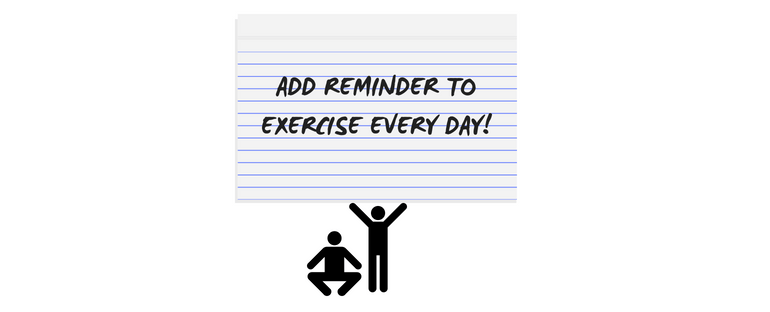When we speak of memory, usually we mean memory of past events. The brain has several memory systems – e.g.:
- Autobiographical memory (this is memory about salient events in our personal lives: our first day at school, our first job, events around the birth of our first child etc)
- Flashbulb memory (where we were and what we were doing when a major news event occurred – e.g.: when Elvis, John Lennon, President Kennedy died, 9/11 Twin Towers – etc) )
- Procedural memory (e.g. tasks we do without conscious awareness or conscious memory of earlier experience of them – e.g. – how to: tie our shoelaces, walk, talk, swim etc unless we make deliberate effort to remember a specific instance)
- And several others too: Declarative memory, Implicit memory, Explicit memory, Semantic memory, Lexical memory etc)
The common denominator linking all these memory systems is the past – and collectively they’ve been given an umbrella term called Retrospective Memory (RM). RM involves remembering all kinds of things that happened in the past – our first school or job, how to add 2+2 together, that Madrid is the capital of Spain or where we went on holiday last year or what we had for breakfast yesterday.
This contrasts with another major type of memory known as Prospective Memory or PM. PM is memory for tasks in the future. The future can be a few minutes or hours or days, or weeks or even months later. We set a task to do in that future – taking out the trash later before we go to bed, take our medication tomorrow morning when we wake up next day, visit a relative in a different city during next week and so on. It could also involve such things as attending to a safety procedure we have been taught to carry out every Friday during work.
An interesting thing about PM is that only humans possess the capacity for PM. Other animals might remember something in the past, but they do not plan tasks in advance (apart from dogs hiding a bone by instinct); they just react to the situation they face.
Forgetting Tasks
Prospective Memory involves not only setting tasks in advance. It also involves an intention to remember and execute the task when the appropriate situation or specific time – or time window – arrives. And humans are very poor at this; it is more a hit or miss affair. The ‘OH NO!’ moments of regret on becoming aware of having forgotten a routine or mundane task that might escalate into something important is familiar to us. For example: forgetting to lock the back door/window before leaving the house, passing on an important message or instruction to a family member, friend or colleague, making sure the cooker was turned off fully before leaving home or the last cigarette before bed is fully stubbed out.
PM forgetfulness can have from minor to major consequences. Forgetting to buy groceries on the way home could have only a minor impact – an unsatisfactory dinner or some harsh words from your spouse. On the other hand, forgetting your passport while rushing to the airport to catch a flight overseas for a major sales presentation can have serious business consequences. And forgetting to complete a safety procedure can lead to serious injury and/or deaths and all sorts of subsequent consequences such as lawsuits.
Solutions for Forgetfulness
Considering the wide prevalence of prospective memory forgetfulness, many solutions have emerged. These are mostly not based on a scientific understanding of PM and range from home-made to-do lists on scraps of paper to sophisticated project management software, and smartphone tools like SIRI. These help you set the tasks. And even remember them if you use the tools in a systematic way.
Sentience Software Limited has developed a tool that goes beyond setting and remembering PM tasks. It is designed along PM principles to improve your prospective memory. This tool, Natural Reminders (NR) is available for free download at Google Play and Apple stores.
NR is also simple to use. Older people and other people who tend to be forgetful and who tend to be uncomfortable with technology will find NR just right for them. Just press a button on the device’s screen, speak your task briefly and slowly, set the time to do that task using the built-in clock, and you are done. You can set up to 16 tasks and the tool will automatically prioritise them in chronological order. NR will also remind you, by voice or otherwise when the task is due (or in advance, if you have customised it to remind you in advance).
Actually, anyone can use NRs and benefit from it. Unlike other tools that only remind, NR’s design alignment with prospective memory science is intended to enhance your own natural PM performance over time. And anecdotal feedback from regular, daily, users of NR suggest that it does just that.
From your phone or tablet, you can download NR (for FREE) at Google Play and Apple App Store stores.
